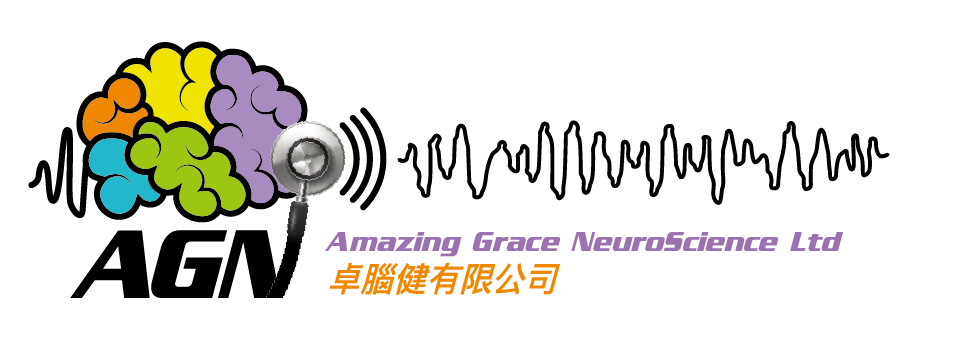About Alzheimer's disease

What is Alzheimer's disease?
Alzheimer's disease is a brain disease that causes problems with memory, thinking and behavior. This is the most common form of dementia, accounting for 60% to 80% of cases.
Alzheimer's disease worsens over time. Although symptoms vary widely, the first symptom many people notice is severe forgetfulness.
- Getting lost in a familiar place
- Misplacing things
- Loss of focus/repeated speech
- Confusion about time or place ⋯

What causes Alzheimer's disease?
The clinical symptoms of Alzheimer's disease are due to the accumulation and deposition of destructive protein molecules in the brain, forming plaque structures, reducing cerebral blood flow, and interfering with the oxygen and energy supply of brain cells. As a result, neurons are gradually lost and unable to transmit signals to the brain and may eventually lead to brain atrophy.
There is currently no cure for Alzheimer's disease, and there are no drugs that can prevent brain shrinkage.
NEUROLITH® Transcranial Pulse Stimulation Therapy (TPS) targets the causative mechanism of the disease and brings new treatment methods to Alzheimer's patients.

Pivotal studies of NEUROLITH® show:
TPS can not only preserve the cognitive abilities of patients with mild to moderate Alzheimer's disease, but also significantly improve depression!
R. Beisteiner Et. Al. (2019). Transcranial Pulse Stimulation with Ultrasound in Alzheimer’s disease – A new navigated focal brain therapy. bioRxiv 665471; doi, Beisteiner, R., & Hallett, M. (2022). Transcranial Pulse Stimulation (TPS) – A highly focused brain stimulation therapy with 3D navigation. Clinical Neurophysiology, 136, 247–248.
https://doi.org/10.1016/j.clinph.2022.01.127
